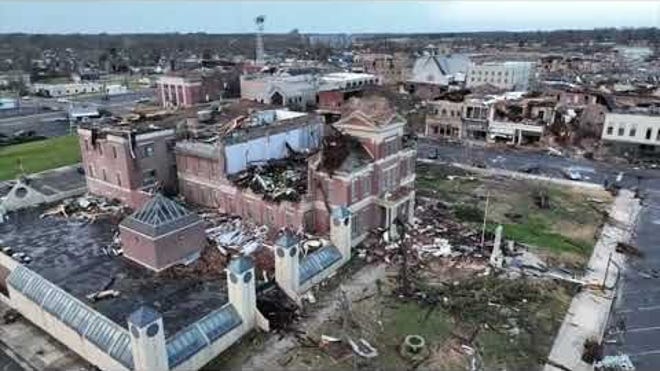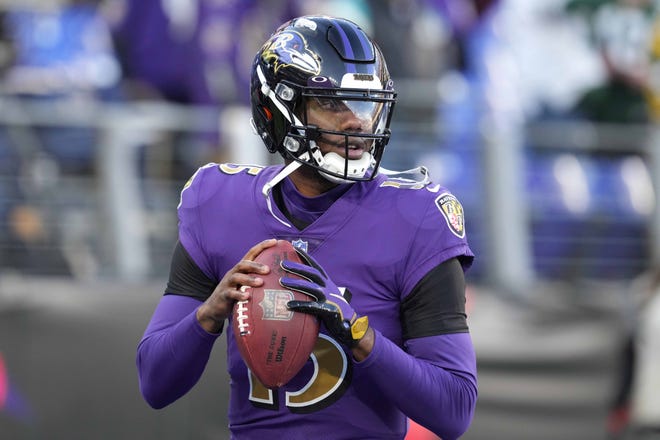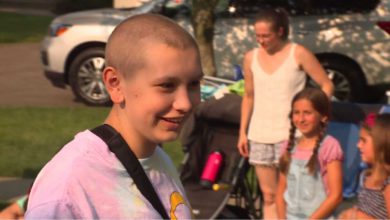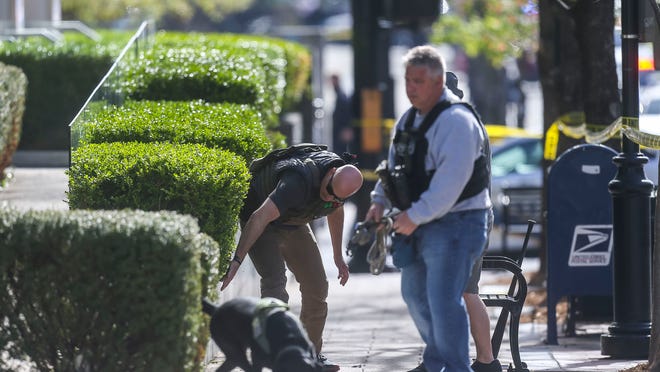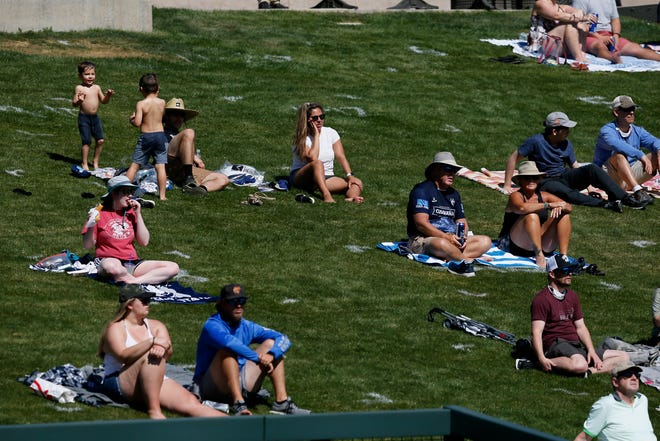

Editor’s note: This is a weekly column from former sports reporter and editor Mike Bass. Bass will be contributing to The Enquirer by offering advice for sports fans, athletes and youth sports parents and coaches through a weekly Q&A. You can reach him at [email protected] or on Twitter @SportsFanCoach1.
A year ago, we lost sports to a pandemic.
Today, COVID-19 remains, but sports continues its comeback. Next is Selection Sunday, which will trumpet March Madness. Only this time, watching from home won’t require the normal flurry of vasectomies. Watching and working from home? As sports fans, we’ve got this.
Check out some of what we have learned in the last year.
1) We saw what sports means to us. When sports shut down for who-knew-how-long, we learned the value of what we lost. The more allegiant we are to our teams, the more we build our schedule around theirs, the more our emotions and conversations revolve around their games, the bigger the void. As a sports fan coach, and a fan, I watched, heard, read and felt so many struggles with the loss and then fractured return of sports. No weekend tailgating with friends? No NCAA Tournament office pools with co-workers? No youth sports for the kids? It gave us all pause. What role do we want sports to play?
2) We could work for it. We could stay angry or in victim mode, or we could look for ways to fill the gaps. For some, it meant searching beyond sports. For others, it meant finding new (and old) ways to feed their fandom. Some played online games. Some watched sports movies. Some tossed/kicked a ball with the kids. Some rediscovered sports cards and fed an industry boom. I also Indiana Jones-ed my way through the cobwebs to take a spin at my All-Star Baseball board game for fun.
3) We could turn to each other. Being a sports fan is so much about connecting with other fans, and a number of people found a lifeline in social media. We posted lists of favorite players or memories or games or anything fun that shattered the isolation. I also started a weekly Zoom sports call with childhood pals.
4) We could turn on each other. As talk grew about sports returning, different states and leagues chose different paths. Politicians blamed each other. Fans blamed politics. Fans chose sides. Fans berated each other. Sports reflected society. Again. We wanted an absolute right or wrong about playing, same as we wanted definitive timelines about masks, quarantines and vaccines. There was none. Either way, once some in sports did play again, we all rooted for their success.
5) We missed being there. There is something special about being part of the crowd. The sights, scents, sounds, flavors, energy. The memories. Some of us go once or twice a year and make it an event. It can be a family outing or social gathering. We also missed watching with friends at a someone’s home or a restaurant/bar, sharing the rollercoaster and feeding off of each other’s emotions. Imagine how much more you’ll appreciate returning to games. What will you do first?
6) We discovered a home advantage. We could enjoy it for what it was. No concerns about weather, parking, price, traffic, views, phone bars or bar drunks. I can pause the TV for a bathroom or food break. My friends and I still can banter by messaging. It was weird at first not seeing and hearing fans, but I got used to empty stands and cardboard fans and piped-in crowd noise. I especially liked watching golf without hearing, “Get in the hole!”
7) We found meaning in altered schedules and rules. Concerns about the credibility of statistics and seasons could morph into gratitude for having … something. We are smart enough to get context. We could accept seat-of-the-pants sports even if we didn’t always like seat-of-pants changes about conference titles or playoffs or extra innings. Some changes, we might actually like.
8) We found a new distaste for players and leagues arguing over money and ancillary issues. Health issues, we understood. But collective-bargaining leverage? If we expected more during a pandemic, lessons learned.
9) We found a new appreciation for players and leagues making this work. They found ways to stay relatively healthy, even outside of a bubble, and helped take our minds off of so much that troubles us today.
10) We made it. We deserve a pat on the back. We didn’t have to be perfect. There was no guidebook. We adapted. Maybe we helped others, too. Where do we go from here? What changes do we want to make? Again, what role do we want sports to play in our lives?
Remember to email Bass at [email protected] or reach out to him @SportsFanCoach1 on Twitter if you want to be included next week. His website is MikeBassCoaching.com.

